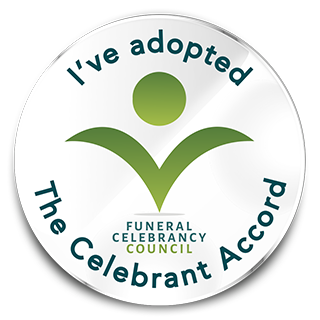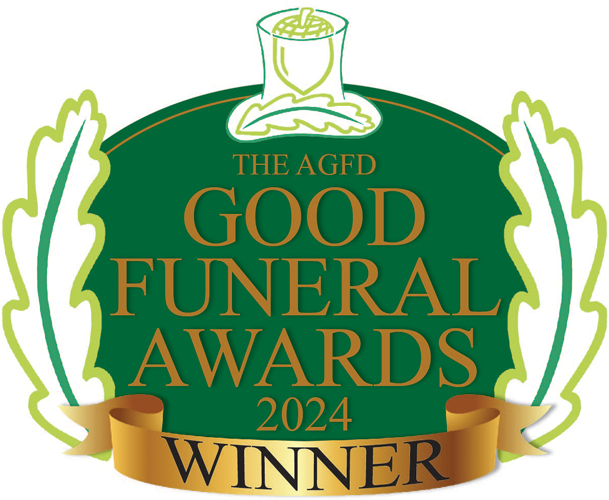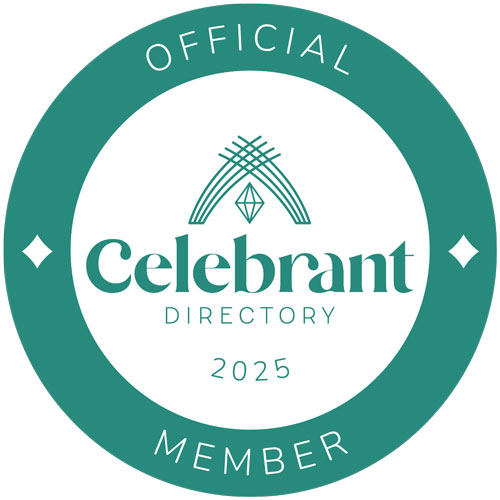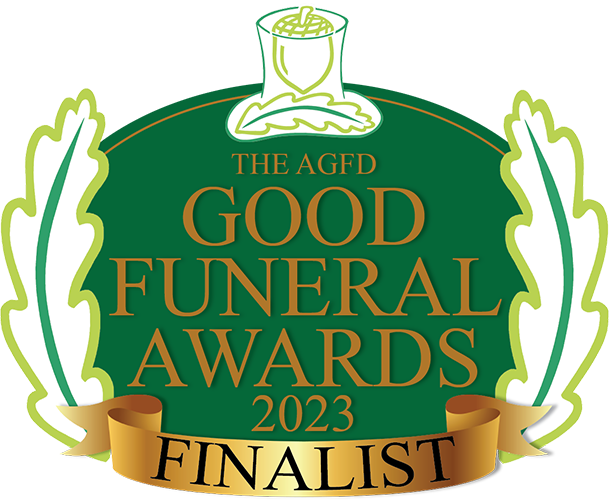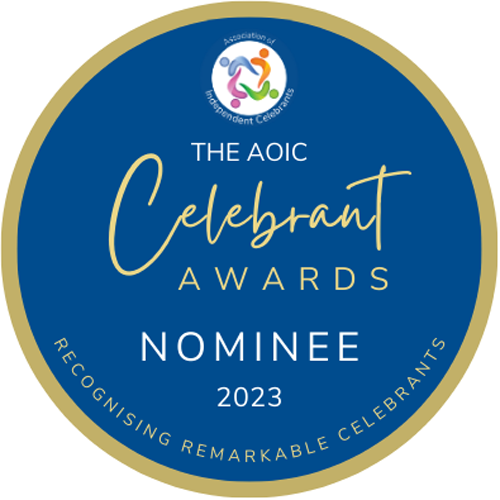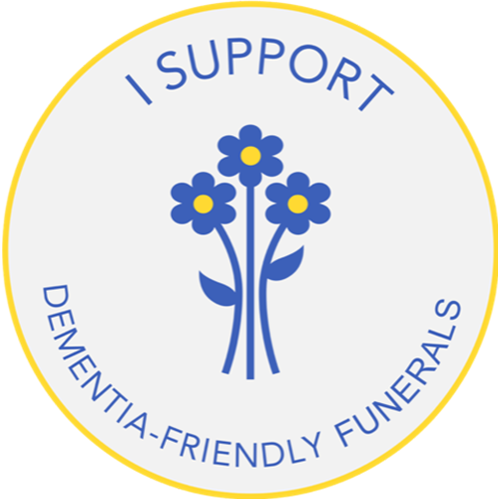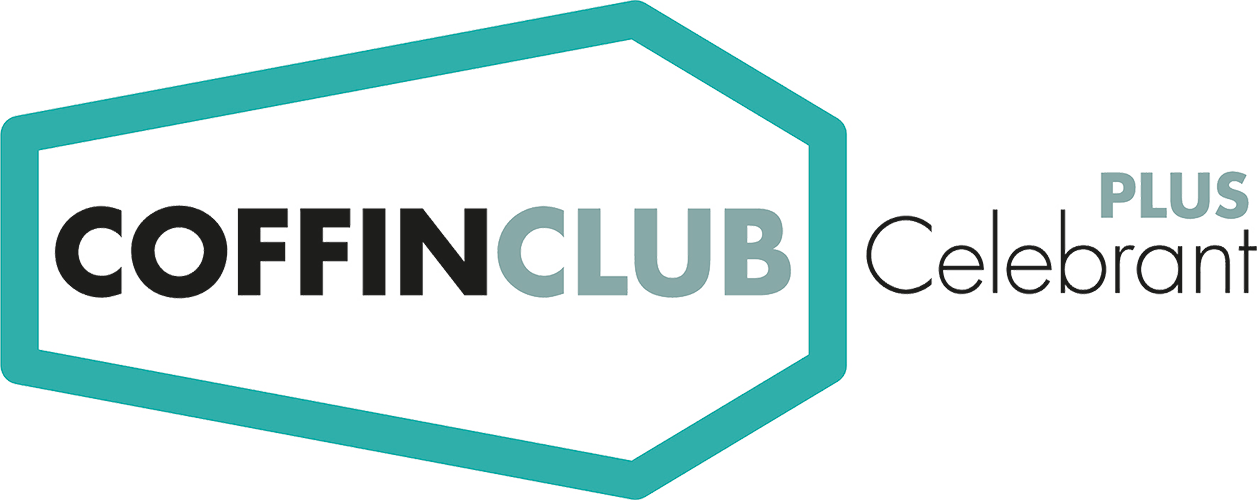Ceremonies
Whether you are looking to arrange a traditional funeral service, a Celebration of Life or a memorial for an adult, child or baby, I can help you to create a ceremony that is as right as possible for both the person who has died, or who is dying, along with those who will attend. Below is a guide to the different types of funeral ceremony that my work covers.
Traditional Funerals
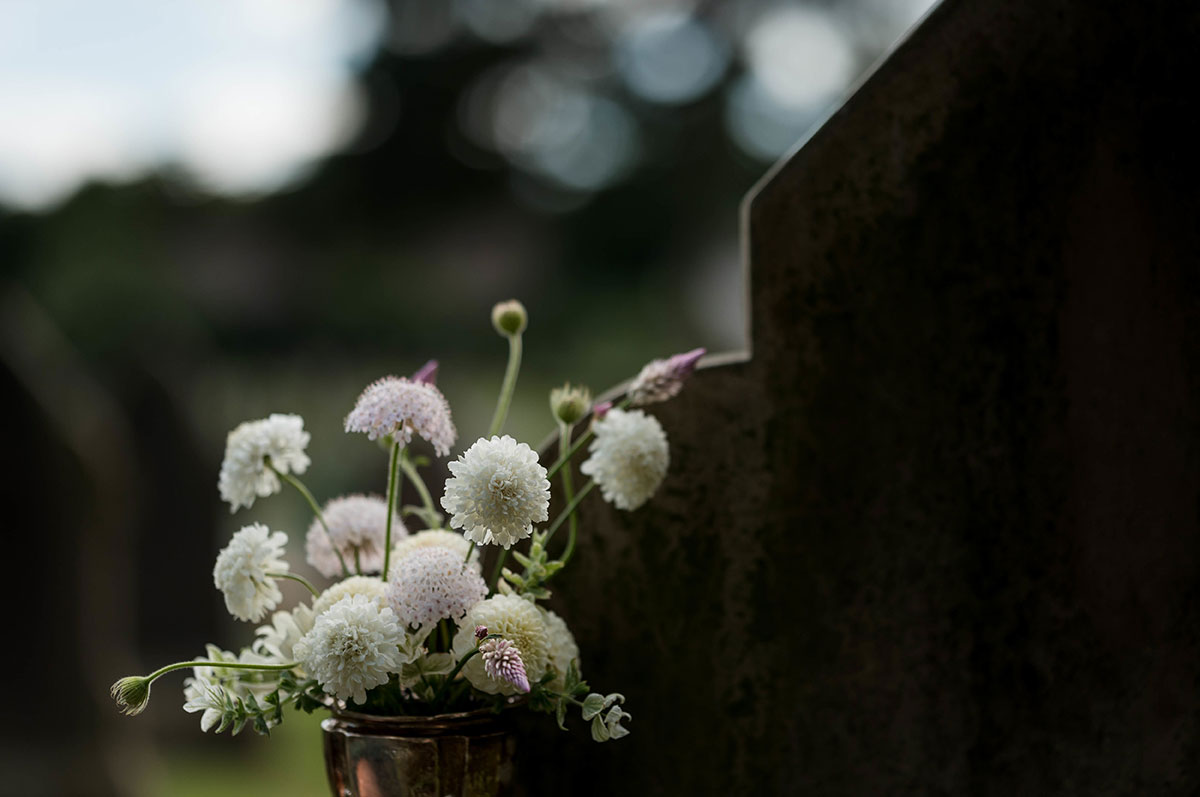
At the heart of my work is creating the time and space to mark the life and death of someone that you love, in a way that feels right to you. Sometimes, this means that a traditional structure and content is what’s best and that is OK. We can explore together which traditional elements are important to you and create a ceremony that you feel comfortable with. Some ceremonies lend themselves to a hybrid of traditional and contemporary/creative elements or rituals — that is OK too.
A traditional funeral, led by a celebrant (as opposed to a religious leader, at a religious building) is typically held at either a crematorium, natural burial ground or cemetery (at the graveside) and precedes or follows on from burial or cremation of the person who has died. However, a ceremony at an alternative venue, or on a different day to burial or cremation, can be referred to as a funeral too, of course.
In terms of the ceremony itself, there is no right or wrong thing to do. Seating arrangements could be formal – in rows, or informal – in a circle or horseshoe. You may want to include some religious or spiritual elements such as readings, rituals, prayers, meditation or the lighting of candles. There could be live music or other artistic contributions perhaps involving children, or there could be periods of silence. I will work with you to weave these ingredients together into a ceremony which reflects the uniqueness of a life. By holding joy as well as sadness during this time, I believe it is possible to create a funeral which is both a celebration and a lament.
Celebration of Life
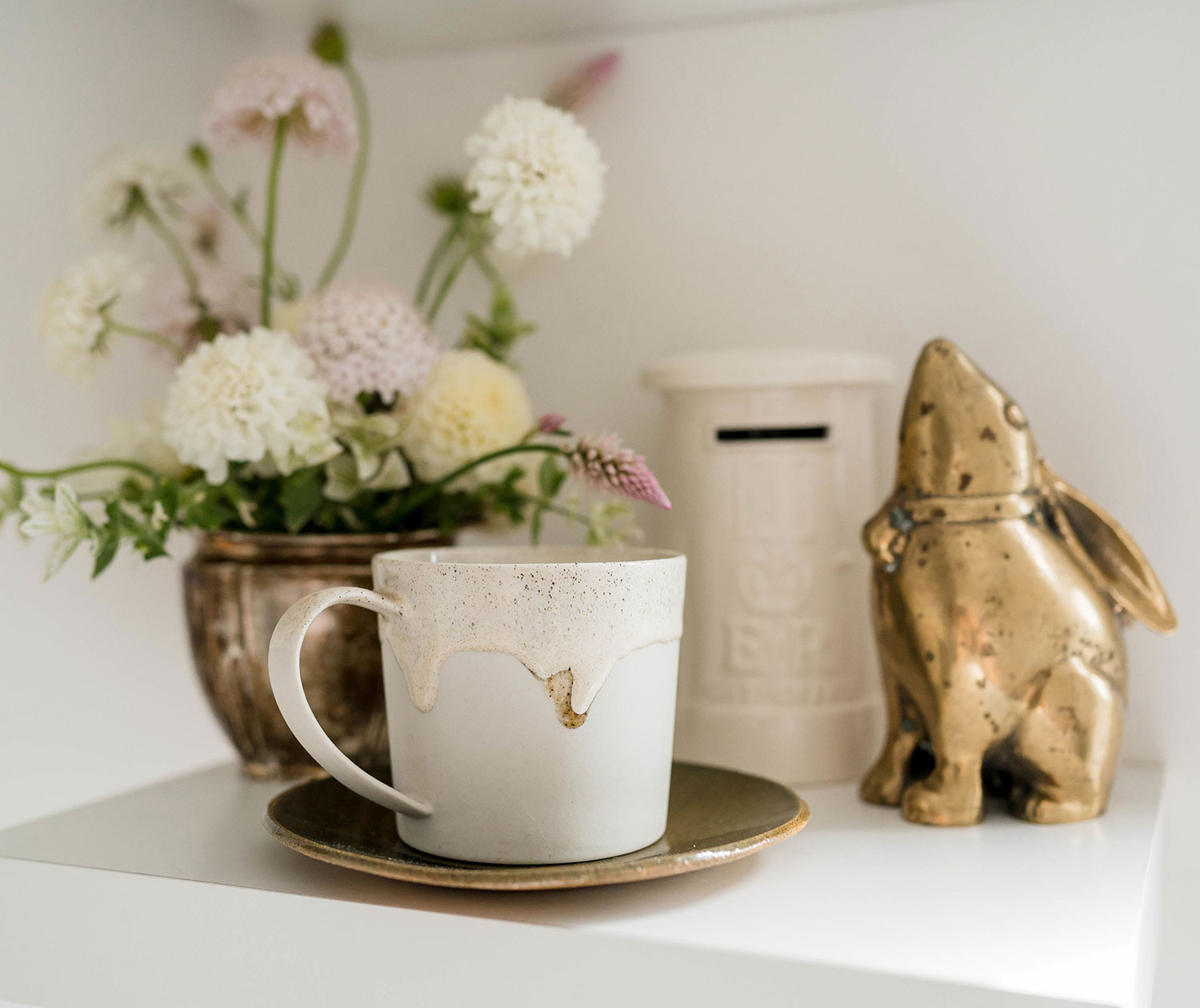
A funeral is sometimes referred to as a Celebration of Life. A Celebration of Life can be held at a ‘traditional’ venue such as a crematorium, natural burial ground or cemetery (at the graveside), preceding or following on from burial or cremation, or it can be held at another location (see Location & Content information below), on either the same or a different day as burial or cremation.
We can work together to create something special that celebrates a person and their life story. There might be music, dancing, periods of reflection, good food, creative contributions, art, singing. It can be a ceremony full of meaning or… a party, a dinner, a weekend away, a community event for charity. A Celebration of Life also doesn’t have to be solely ‘celebratory’ — there can be quiet and/or silent elements or rituals present too. If you have ideas for something that would mean the world to you, do get in touch and we can plan it together.
Memorials
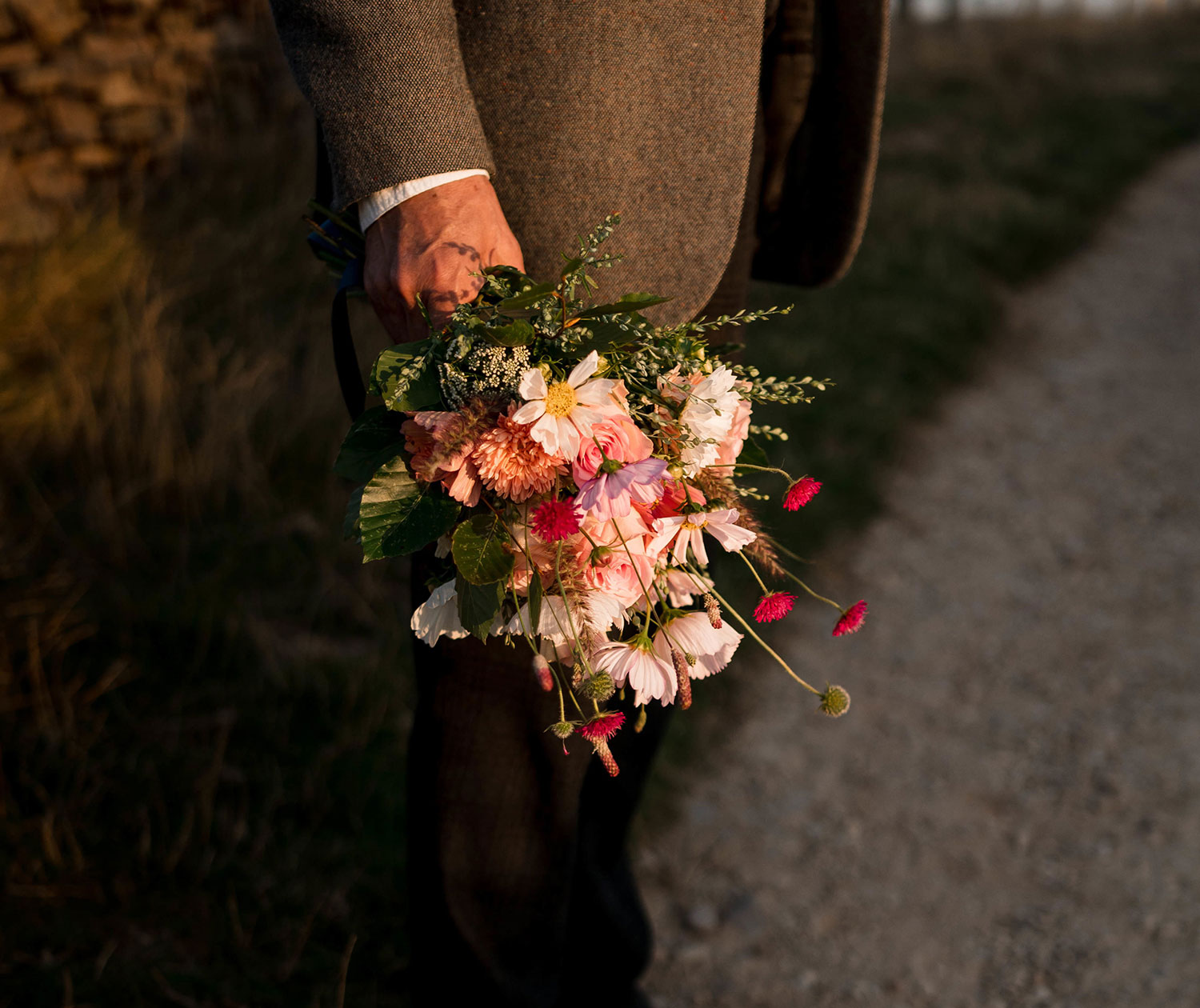
Memorial ceremonies typically take place after an initial, often smaller funeral, or quite some time after cremation or burial. For instance, if you were unable to hold a funeral during the pandemic, you may prefer the term memorial for an event now.
When planning a memorial ceremony, there is often more time to consider personalised aspects and greater levels of contribution from others. This can be a really good thing. A memorial ceremony can be held at your home, at a private venue or a natural space and can include all manner of things from traditional ritual to more creative or contemporary forms of contribution. I can help you to explore the options, plan the ceremony with you and, if required, lead the event when the time comes.
Remembrance
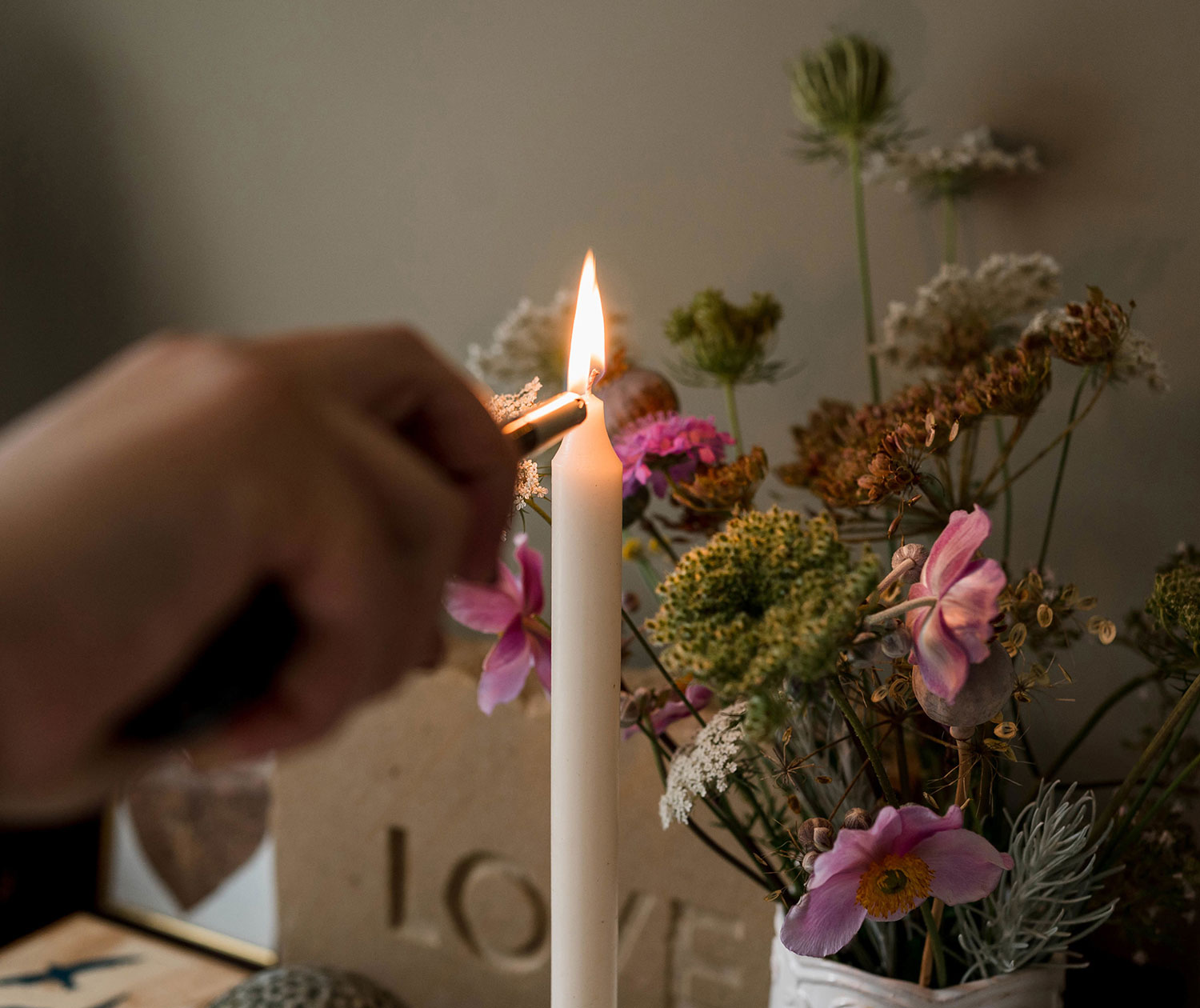
A remembrance ceremony may take place quite some time after death, perhaps a 10 year anniversary or at what would have been a milestone, such as a 21st birthday. A remembrance ceremony can be entirely tailored to the person who died and the wishes of their family and friends. It can be held almost anywhere and can be a relatively short ceremony or lengthier event for as few or as many people as you would like. If you have something in mind, do get in touch, and we can explore your ideas together.
Baby Loss
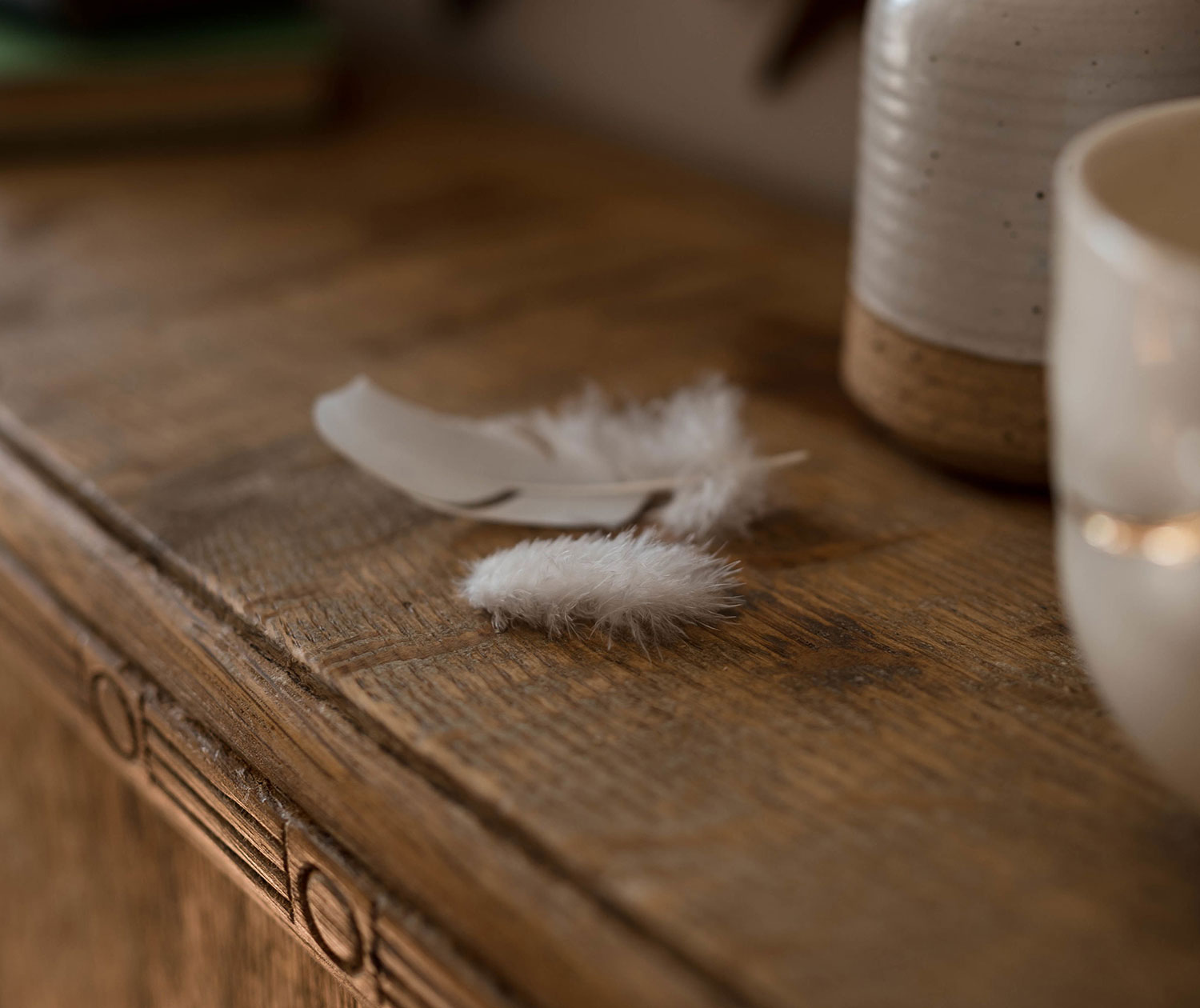
You may be considering a funeral at a crematorium or natural burial ground for your baby, or you may have hopes for a ceremony at home, or at a private venue or natural space. There are many ways in which the ceremony can be made special and personal to you and your baby. For example, the inclusion of photographs or scan pictures, the lighting of candles, the presence of precious items and the use of music that is special to you. Whether your baby or babies have died as a result of miscarriage, termination for medical reason, stillbirth or neonatal death, I will listen with great care to your wishes for the day and together we can create a special time and space.
Child Loss
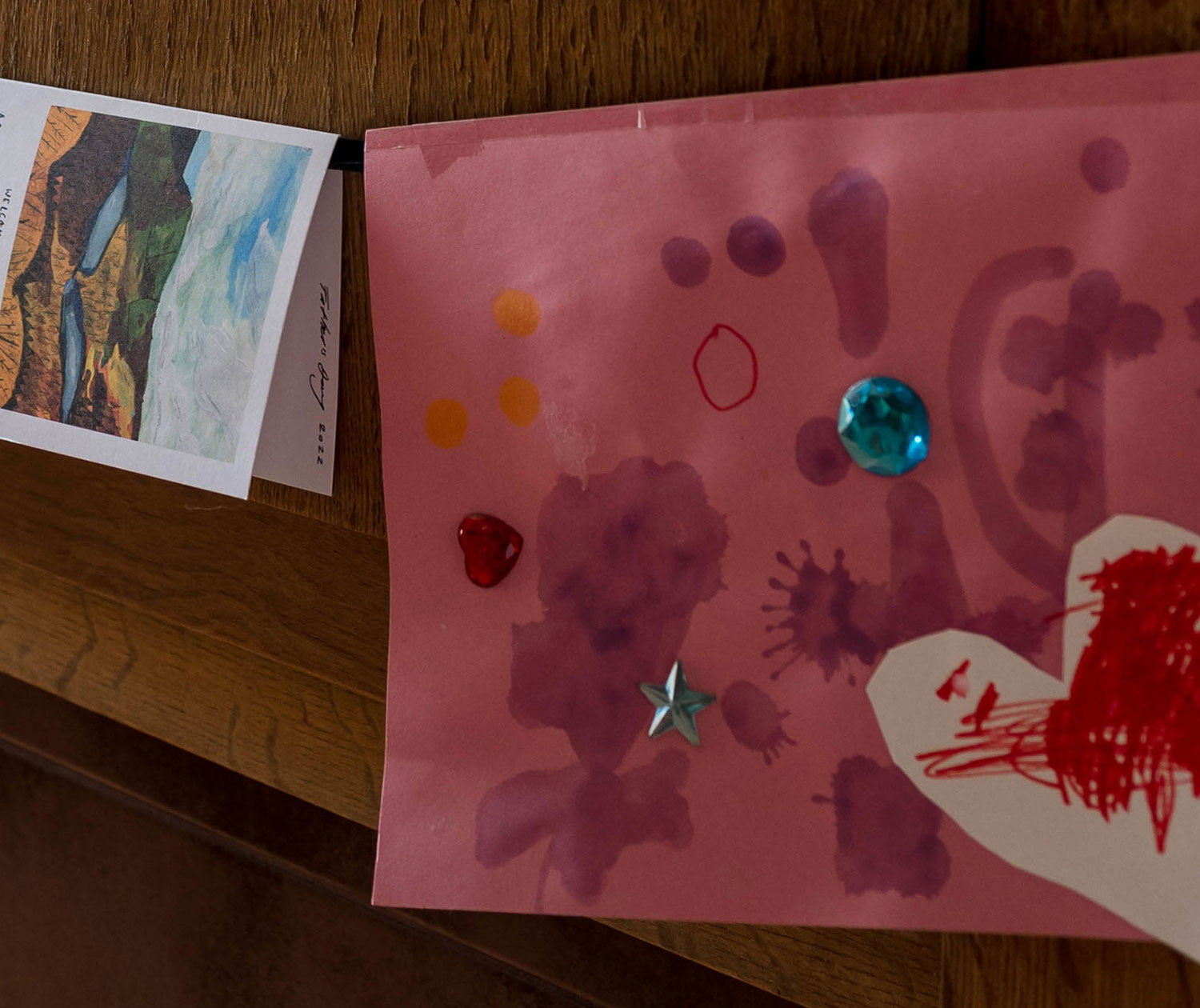
A child’s funeral can be reflective of their personality and the things that they loved. It can be full of love, memory and aspects of their life that you may like to incorporate, including photos and important belongings. Together, we can create a space that honours and marks the beauty of their life and it can be planned and delivered in keeping with the wishes of the child’s parents, caregivers and/or friends and extended family.
Ashes
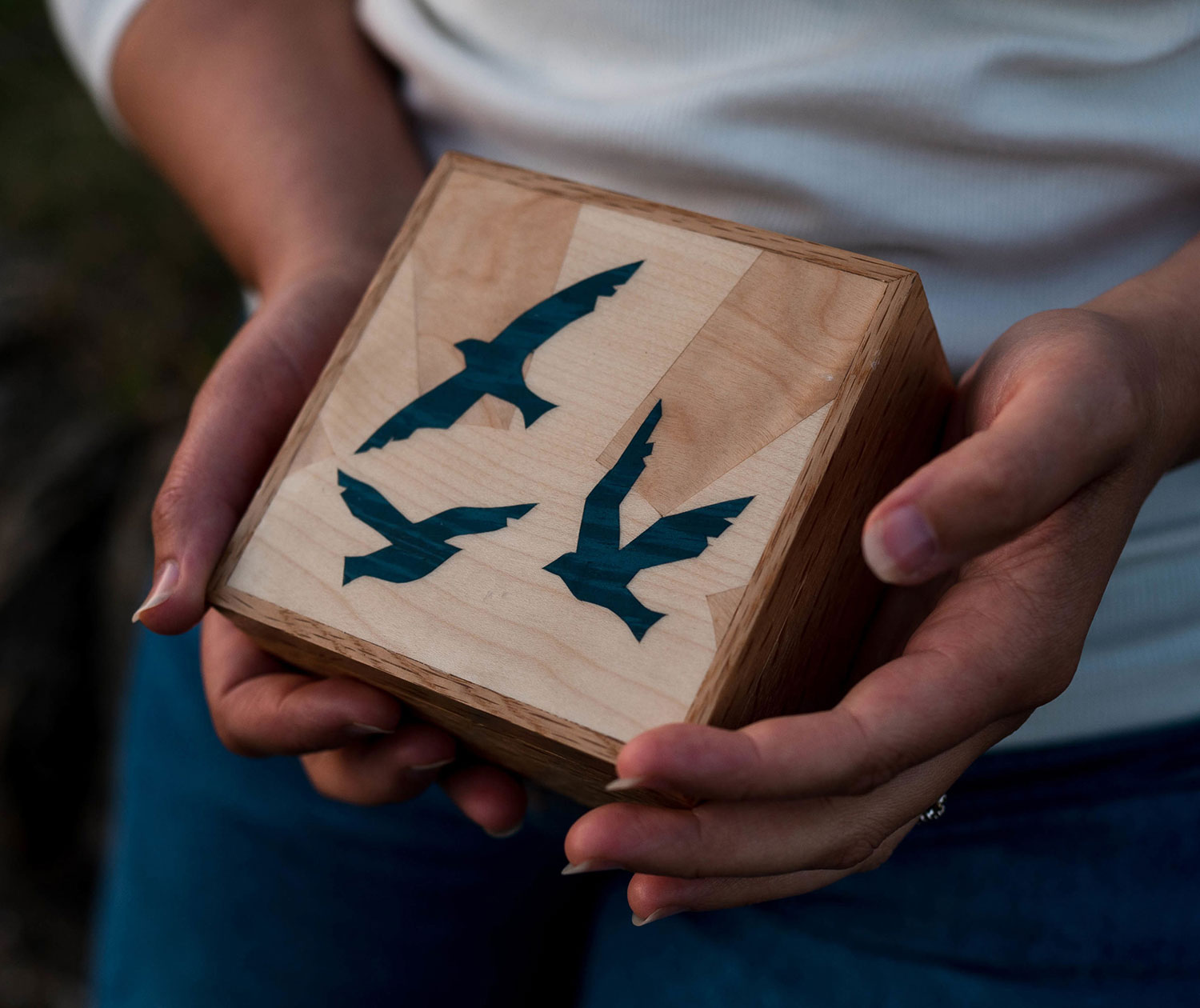
When you receive ashes following cremation, they can be kept with you at home, they can be scattered somewhere special or significant, or they can be placed or buried somewhere permanently, known as interment. I can guide the process and help to plan and deliver a ceremony for any of these options.
If you are receiving ashes to keep at home, you may like to mark this with a short ceremony surrounded by friends and family at home. For the scattering of ashes, I can lead a ceremony at a location of your choice (with the land owner’s permission). For the interment of ashes, I can lead a ceremony at a burial plot or a natural burial ground.
If you have received ashes following direct cremation (whereby a person is cremated shortly after death, before a funeral has taken place), you may like to hold a more extensive funeral, memorial or Celebration of Life around the same time as receiving, scattering or burying the ashes.
Living Funeral
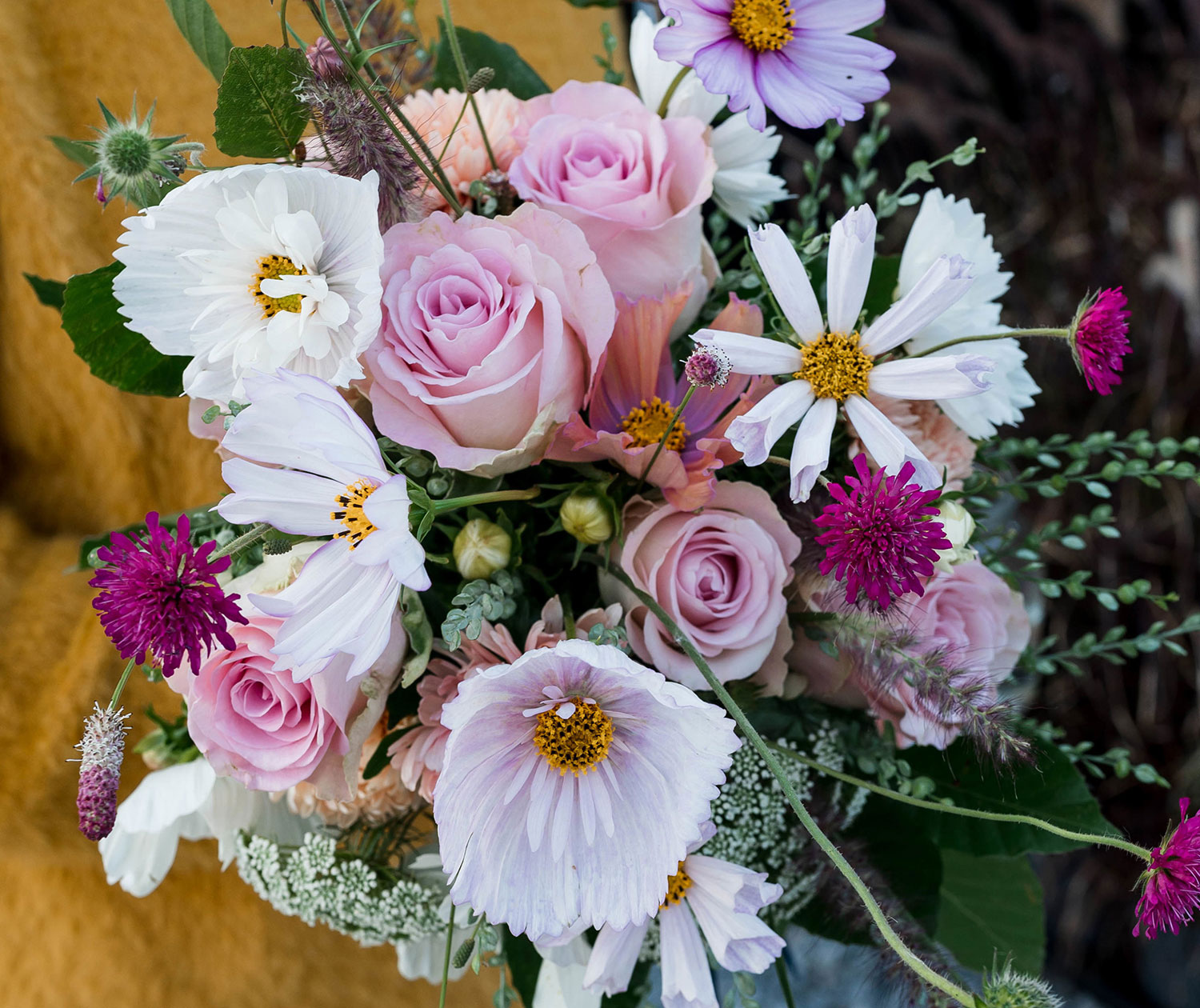
If you have a terminal illness, a life-limiting condition, or are of a very old age where you know you will die ‘soon’, you may like to consider a living funeral. This means having the opportunity to celebrate and/or mark your life with those that love and care for you whilst you are still alive. You can choose when, where and how a living funeral takes place, along with who is there. You can lead or contribute to the ceremony yourself, if you would like to, and/or invite others to be involved.
Living funerals can be incredibly joyous, full of love and laughter and a time to truly connect in a way that is very rare during our day-to-day lives. If you would like to watch an example of a living funeral, I recommend Grayson Perry’s Rites of Passage series on All 4. Episode 1 is about death and documents a living funeral beautifully.
Location & Content
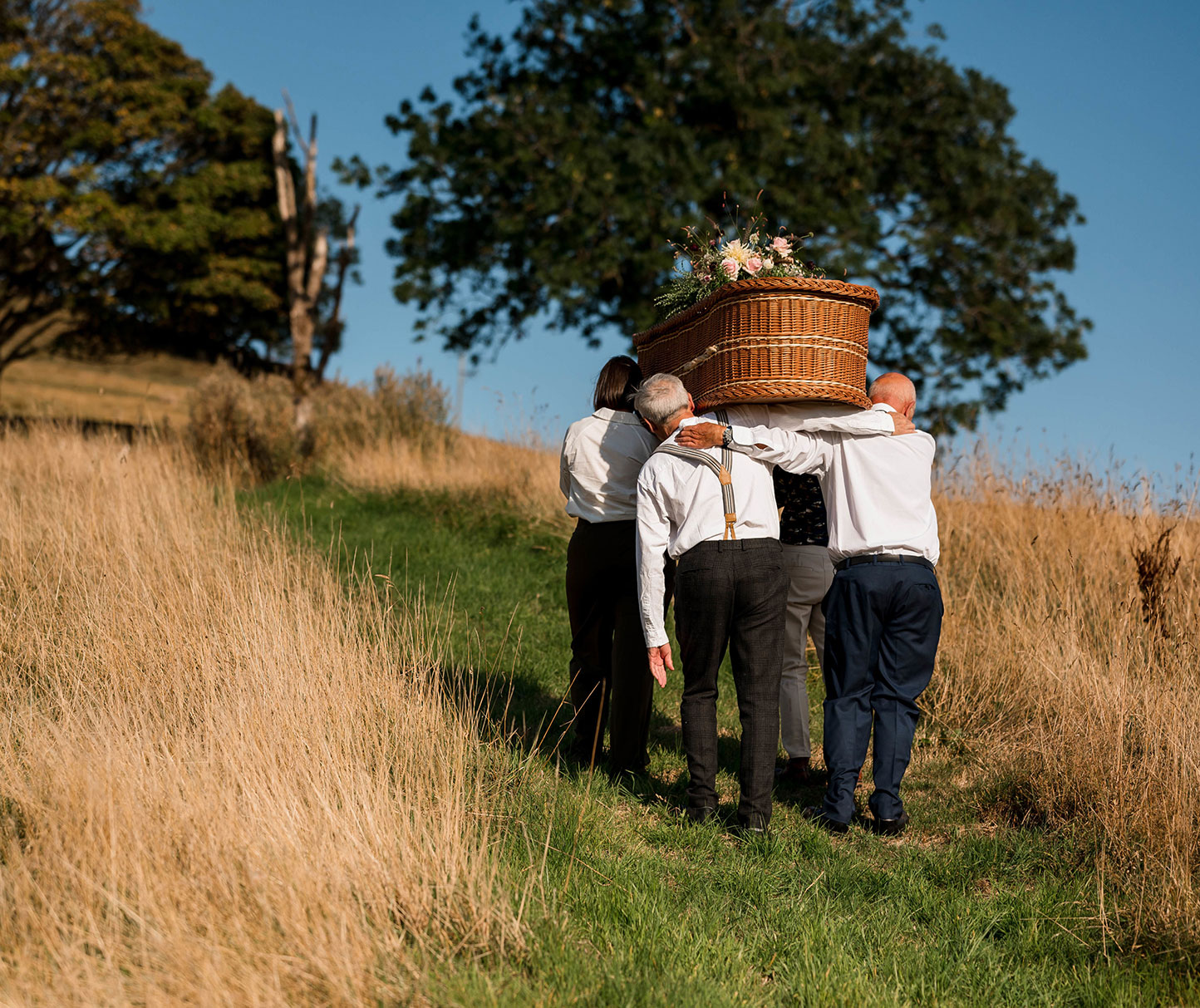
In terms of where different types of ceremony can take place — they can be held at a crematorium, natural burial ground or cemetery, or at a different venue. This might be someone's home or garden, a private venue (such as a hotel, wedding venue, school hall, community centre, theatre, historic building or stately home) or at a natural outdoor space such as a beach, hillside, or woodland (with the landowner’s permission).
A ceremony can take place at the same time and place as burial or cremation, or it can take place on a different day, at a different place. The body and coffin of the person who has died can also be present at any ceremony venue before going on to the crematorium or burial location with either a ‘waving off’ ceremony, or accompanied by others. In the case of ‘Direct’ or ‘Unattended’ Cremation a ceremony can take place separately at a different venue to the crematorium, either before or after cremation (in which case, ashes can be present within the ceremony, if you’d like them to be).
In terms of the ceremony itself, there is no right or wrong thing to do. There is also nothing that you ‘have’ to do in any particular way – I can guide you with regards to this. Seating arrangements can be formal – in rows, or informal – in a circle or horseshoe. You may like to include traditional or contemporary rituals or elements pertaining to personal, religious or spiritual beliefs such as readings, prayers, meditation or the lighting of candles. There could be live music or other artistic contributions perhaps involving children, or there could be periods of silence. It is possible to hold joy as well as sadness during this time. I will work with you to weave the elements together into a ceremony which reflects the uniqueness of someone’s life.
End of Life
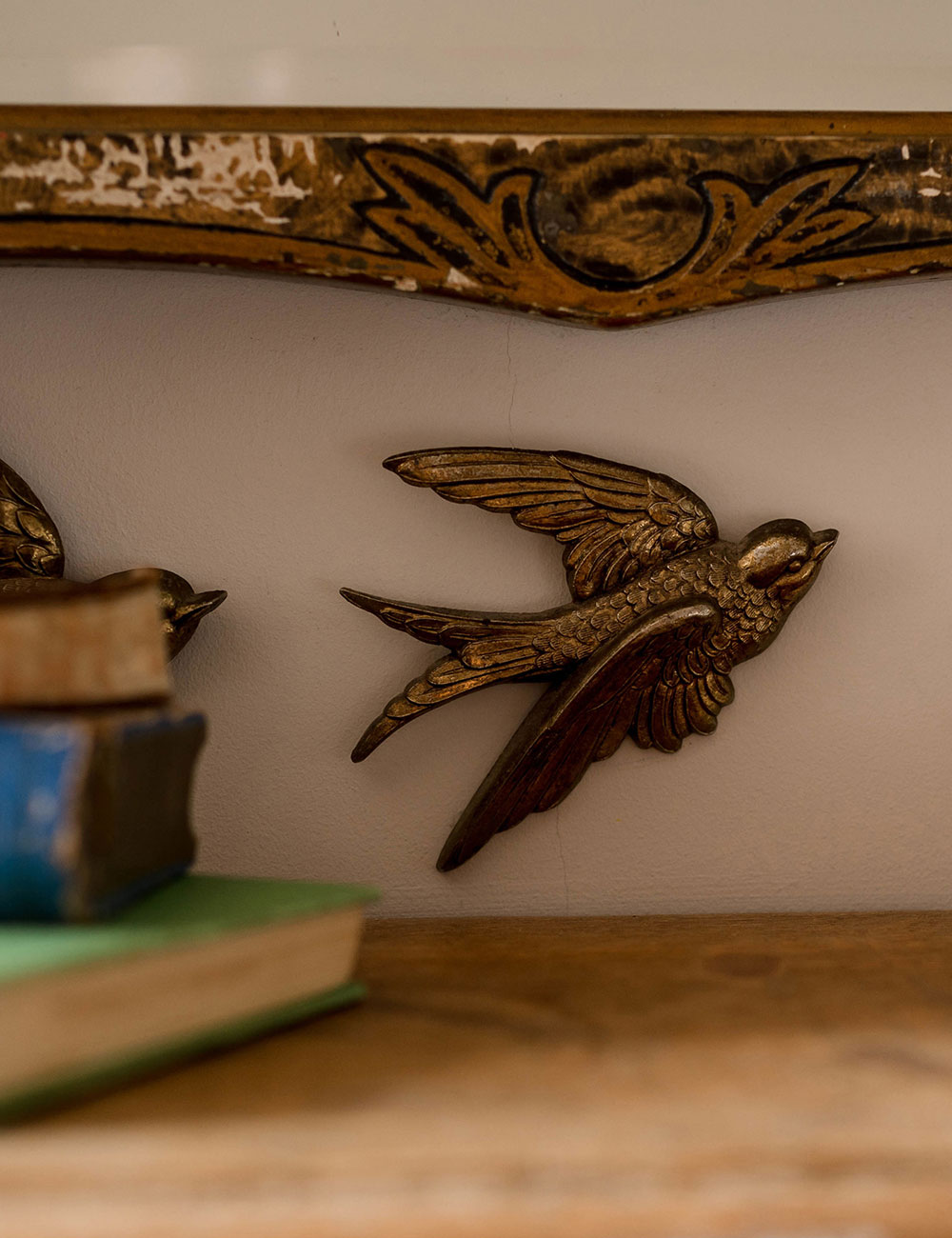
If you have received a terminal diagnosis or if you are receiving end of life care, you may be wanting to learn more about funeral options and/or make choices to pass on to those closest to you. You may even want to plan your funeral now, including practical and ceremony details, or you may be considering a living funeral (see further guidance above). I can talk through all of these options with you. Do contact me here.
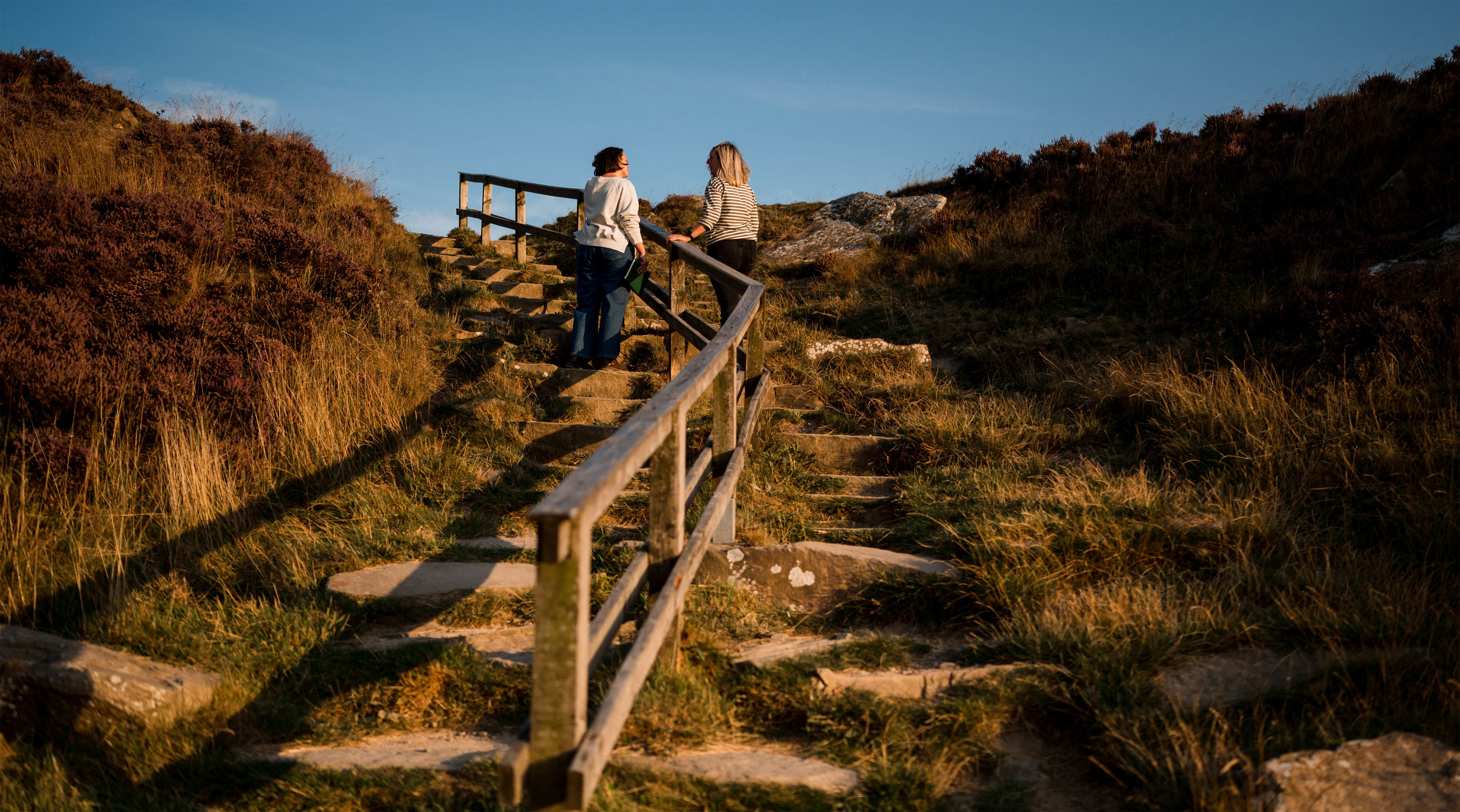
Ceremony Process
There are three main stages to us planning a funeral ceremony together…
Firstly, we will meet, usually in person, in order to talk about the person for whom the ceremony is for, along with your ideas, wishes and/or hopes for the ceremony itself. We can meet at your home, at another venue, at a funeral directors or online. Others can join us too if you feel that this would be helpful. I am there to support you and I will listen and guide our meeting with gentleness and care. We can discuss how you would like the ceremony to feel on the day, along with any important aspects, contributions and/or music and readings that you may like to include.
The second stage is where I take some time to create a plan and a script for the ceremony. This can also include the writing of a eulogy, if you would like one. I will then send a draft copy through for you to review ahead of the ceremony itself. If there are any aspects that you’d like to discuss or change, we can of course do that. It’s important, and my hope through our work together, that you are as comfortable as possible with what we have planned.
The final stage is the ceremony itself. I will be there early to greet you as you arrive and will then lead us to the ceremony space. I will lead the ceremony (if this is the approach that we have decided upon, or I will facilitate otherwise) and also help any contributors with their elements too. We will progress through the time together. I will be responsive to the needs of the room, and flexible to any last-minute changes required. At the end, we can spend some time together until everyone feels ready to depart. I will also prepare a keepsake copy of the ceremony script for you.
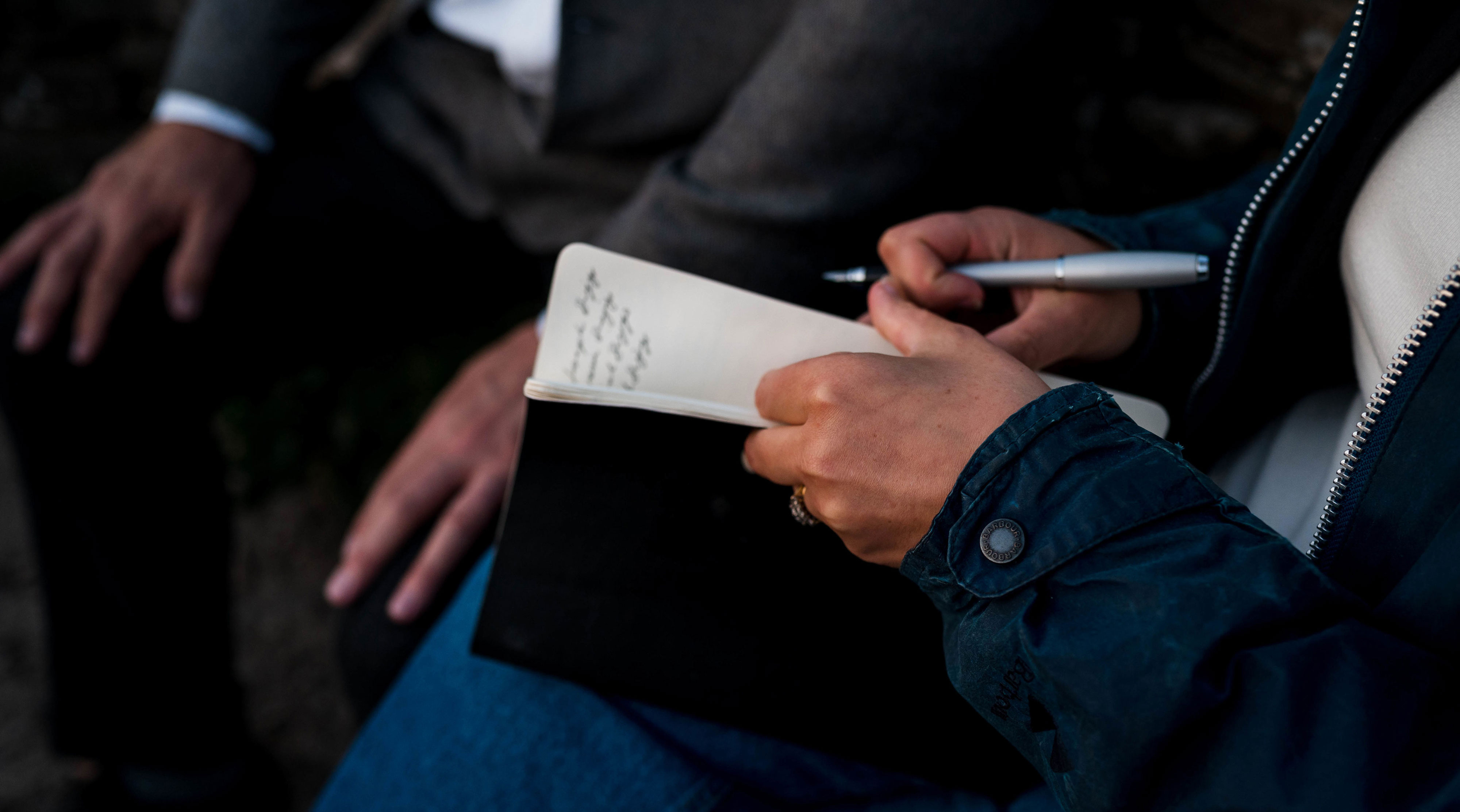
Fees
Ceremony at a crematorium, chapel, natural burial ground or graveside
These fees cover the following locations, within a 15-mile radius of Macclesfield including Macclesfield Crematorium & Cemetery, Adlington Memorial Park, Friends of Nature Burial Ground, Birches Remembrance Park & Crematorium, Vale Royal Crematorium, Swanlow Park Cemetery, The Manchester Crematorium, Altrincham Crematorium, Stockport Crematorium & Carmountside Crematorium. For locations further afield, I will be glad to provide a quote.
Please note that I charge an additional £100 for ceremonies which are planned for a Saturday or Sunday. This applies to both the ceremony types above, and below.
Ceremony at an alternative venue, planning and delivery
For ceremonies at a home, garden, hotel, private venue (such as a theatre, historic building, stately home, or pub) or a natural outdoor space, within 15-miles of Macclesfield and of up to 1 hour in length.
If your hopes and plans are slightly different to this, please get in touch and I will be glad to provide a quote.
This fee also covers funeral, celebration of life or memorial ceremonies which may be taking place before or after direct cremation (sometimes known as ‘unattended cremation’).
Ceremonies for a Baby or Babies
Ceremonies for a baby or babies, which are organised by a funeral director/NHS trust are free of charge. For ceremonies for a baby or babies which are bespoke by arrangement and/or organised directly with myself I charge from £150. Some examples of this are; a woodland ceremony to scatter a baby’s ashes, a personalised ceremony to mark an early loss or miscarriage, or a memorial service for a historical loss.
My work is covered by Public Liability Insurance and Personal Indemnity Insurance.
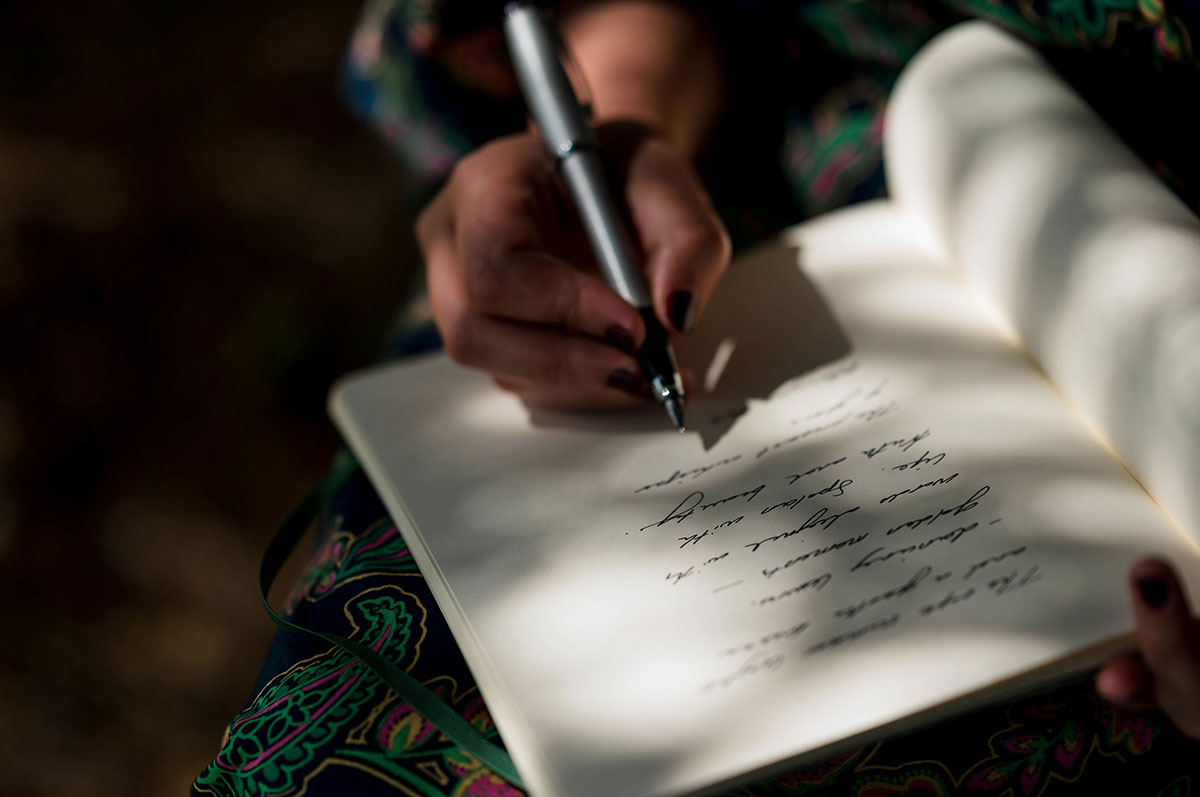
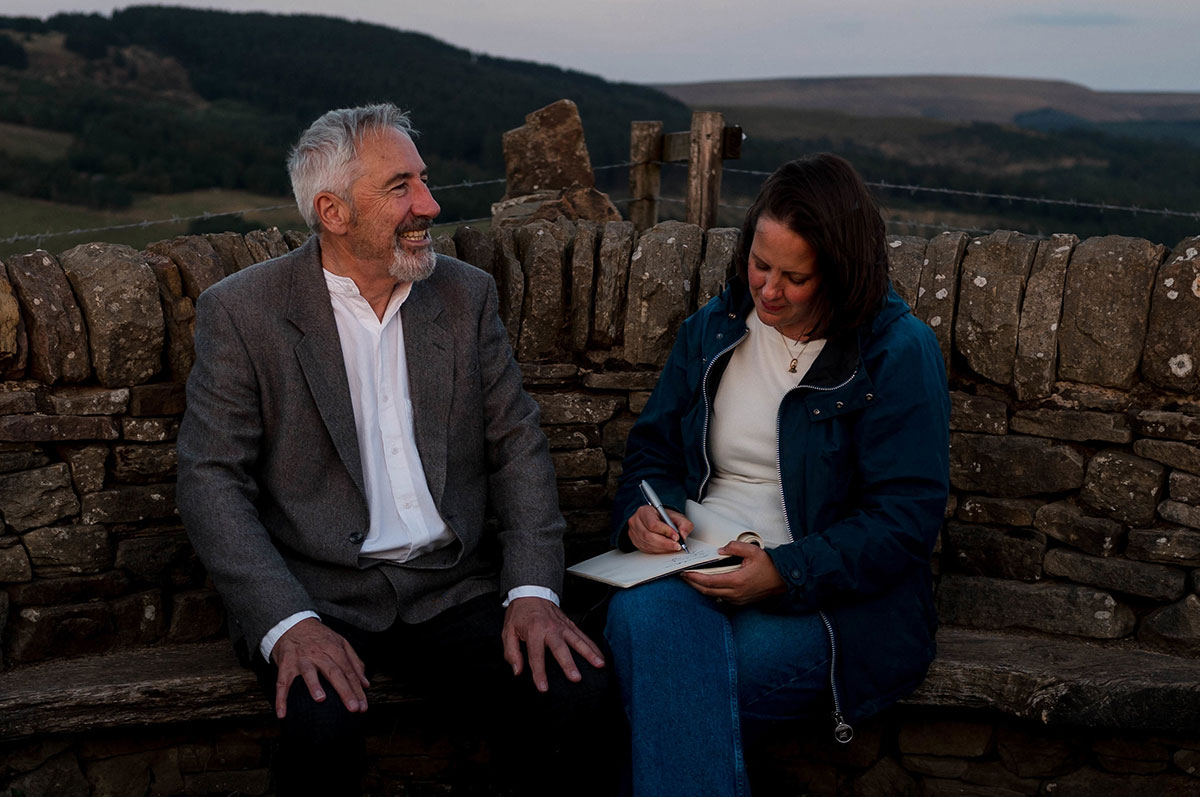
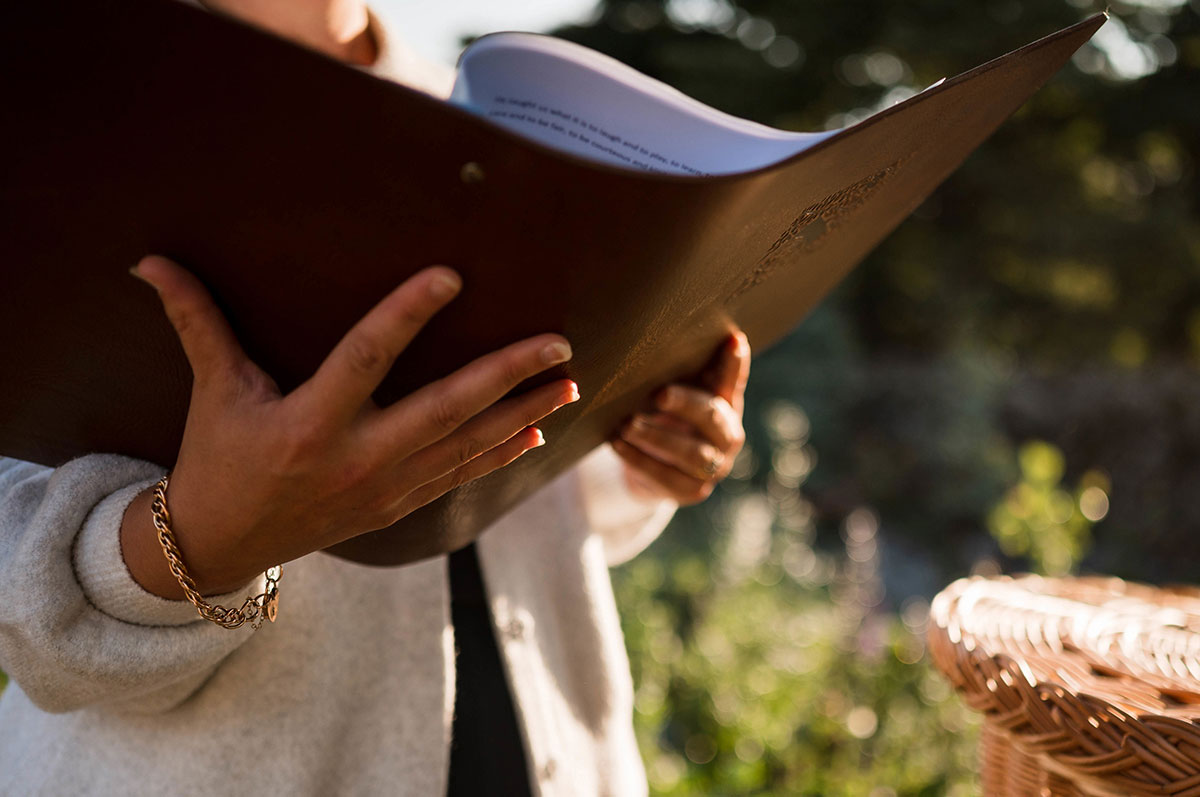

When we saw Lucy waiting for us at the crematorium, I felt so supported and comforted. We couldn’t have done this without her. I will always look back on Nanna’s funeral as a perfect celebration for her.



I am a member of the Good Funeral Guild, a collective of like-minded people working to change funerals for the better.


